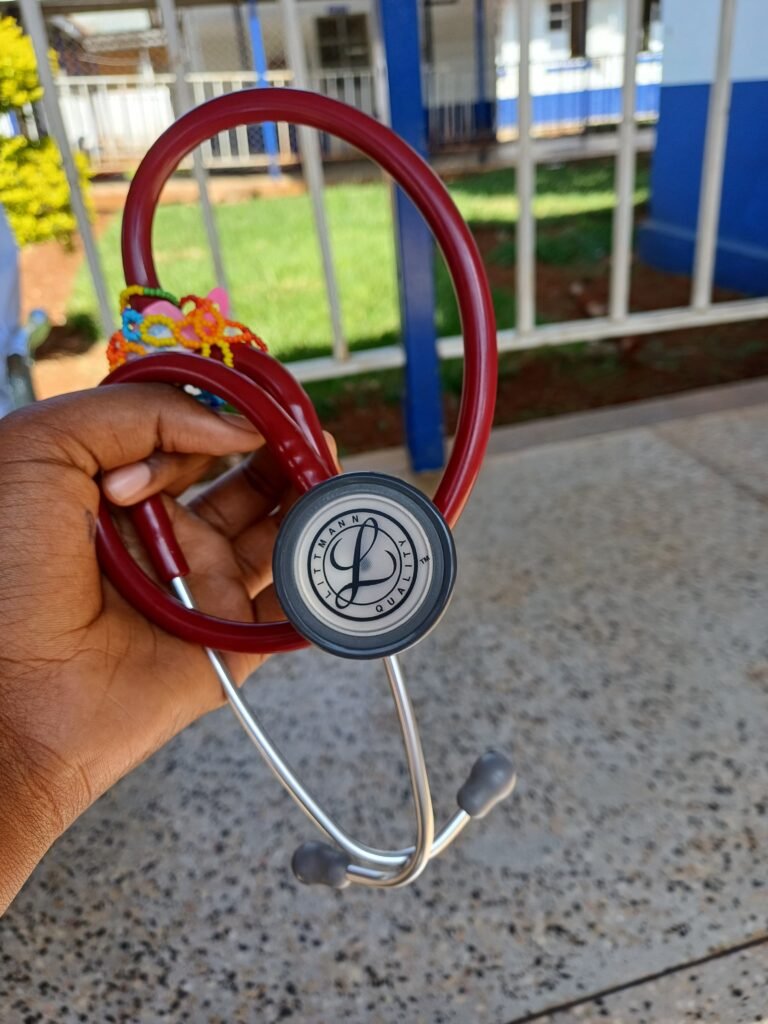Impression management, also called perception management, refers to the conscious or unconscious attempt to influence other people’s perceptions through regulation or control of information in social interactions.
The concept behind impression management was brought forward by Erving Goffman in 1959 in a book he called The Presentation of Self in Everyday Life where he argued that perception management is an essential part of social interaction.
Jones and Pittman (1982) went as far as constructing a scale called the IMS Scale based on five presentational styles: self-promotion (trying to be viewed as competent), ingratiation (trying to be viewed as friendly and nice), exemplification (trying to be viewed as morally exemplary), intimidation (trying to be viewed as threatening), and supplication (trying to be viewed as helpless and weak).
Going through the fourth year of medical school was nothing short of an exhilarating experience, at least for me. I had made it a habit from my earlier years of studying to always find new methods of learning and getting better at the start of each academic year. This was necessitated by the annual change of lecturers and the diverse teaching methods that came with these changes. I quickly came to realize that the fourth year was a little different from the previous years in that the success of the students was sometimes hinged on a seemingly uncontrollable factor; the examiner. Seeing how this could be a potential hindrance to my progress, I wondered if there was a way I could speak or behave that could act as a smoke screen for the little moments when my ignorance just couldn’t be hidden anymore.
Unfortunately, in a busy world where we get very brief moments to make large impressions in situations that matter, most people can’t help but judge books by their covers. these people could also be your examiners. Nevertheless, this need not be a disadvantage to us in our clinical years we could turn this into something that favors us during those heated social interactions in the wards.
Focus on first impressions
I’ll tell you a story between me and a certain consultant X. In this story, I decided to be very intentional in my interaction with her. My first time meeting her, I was in my best outfit, I had on a nice haircut, a new notebook in hand, an ironed labcoat and I stood close to her as she spoke, careful to keep a keen ear to what she was saying. Well, I also had a rosary on, to be honest, you can never be too prepared. My reaction didn’t come out of the blues, I had just come from my first rotation, and I had heard stories of how intense she was on people and I decided that I would be intentional in how I presented myself. At this point I wasn’t aware of what I was doing, I was just trying my best to put forward the attributes of a good student! I found out later that in situations where another student would be sweaty, tensed, and unable to articulate their thoughts around this consultant, I had a clear mind, I wasn’t tongue-tied and my answers were taken kindly thus allowing me to learn.
Looking back, I noticed how my outward presentation had a positive influence on the way I was treated. Like a well-designed book cover to an unsuspecting avid reader, a tactfully executed perception management maneuver can set you up for a good time in your clinicals.
Confidence as a key factor
The first documented reference to the phrase “keep your chin up!” was published in 1900 in a Pennsylvanian newspaper, The Evening Democrat. Even then, people understood just how important confidence is in social interactions. It means keeping an optimistic mindset in the face of seemingly hopeless situations but in this case, we’ll go with the meaning that comes to mind first. Two things are worth considering when you think about confidence; how to build it and how to project it. On the one hand, building confidence means nurturing it from the base through value acquisition. This can be done by making preparation a crucial step in every social interaction; timely completion of assignments, showing up for those ward rounds with some objectives, careful grooming, etc. On the other hand, projection of confidence means the expression of belief in your preparation. The expression of confidence can sometimes be confused with arrogance but whilst arrogance is a self-lifting behavior that may tend to demean others, confidence can co-exist with humility.
Strategies for positive impressions
Swaying people towards a good impression of your character may also require effective communication skills. One easy way to remember how to be effective in your communication is to THINK before you speak. Is it True? Is it Helpful? Is it Inspiring? Is it Necessary? Is it Kind? It also helps to be professional in terms of the language you use as well as simple communication etiquette such as speaking in turn.
The ripple effect of positive bias
The benefit of a positive bias goes beyond just pleasing your examiners. It extends further to your patient and peer relationships and sets up a good foundation from which you can potentially build lifelong social capital. Nothing comes second to good preparation and a sober mind when conveying your points, and these form the basis for perception management during your clinical years.
Every day might not always be a Friday, or that awesome day when you get a compliment from your lecturers, but wielding the power to influence how people treat you is a good way to win any day. Knowing how it feels to be at the mercy of examiners who have brief moments to make judgments about our lives, holding just a little bit of control seems like a good deal to me.
Reference List
- https://www.simplypsychology.org/impression-management.html
- https://onlinelibrary.wiley.com/doi/pdf/10.1525/si.2005.28.2.147?casa_token=cLsOrqO7980AAAAA:hV0aoAjpkgAPsxZsuUc1kyVgm743cEup7sQj9iQqJVqcROI8iwrPbxzAkrHHXlY1IesCdynZ_Hda
- https://www.d.umn.edu/cla/faculty/jhamlin/4111/Readings/GoffmanEmbarrassment.pdf



